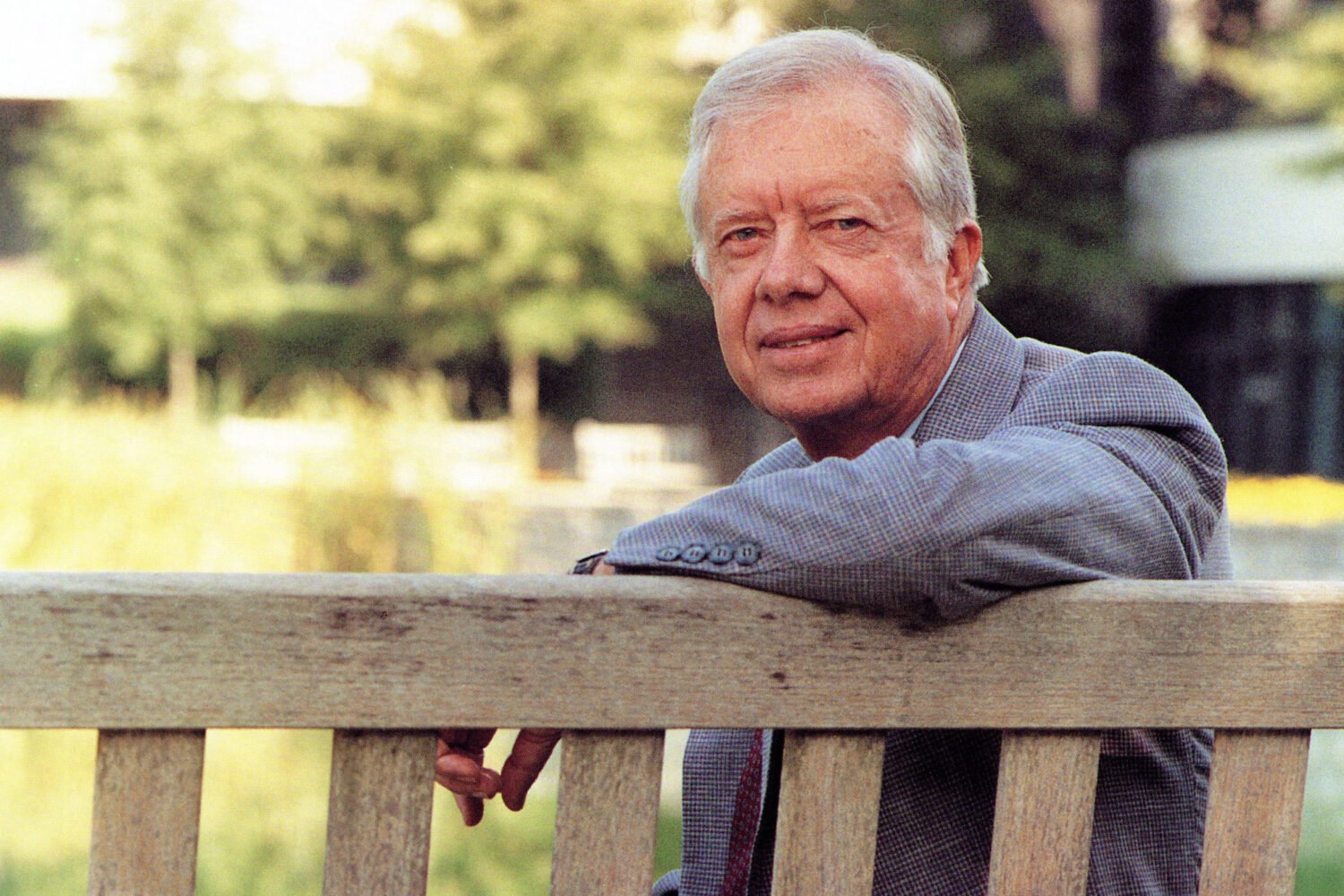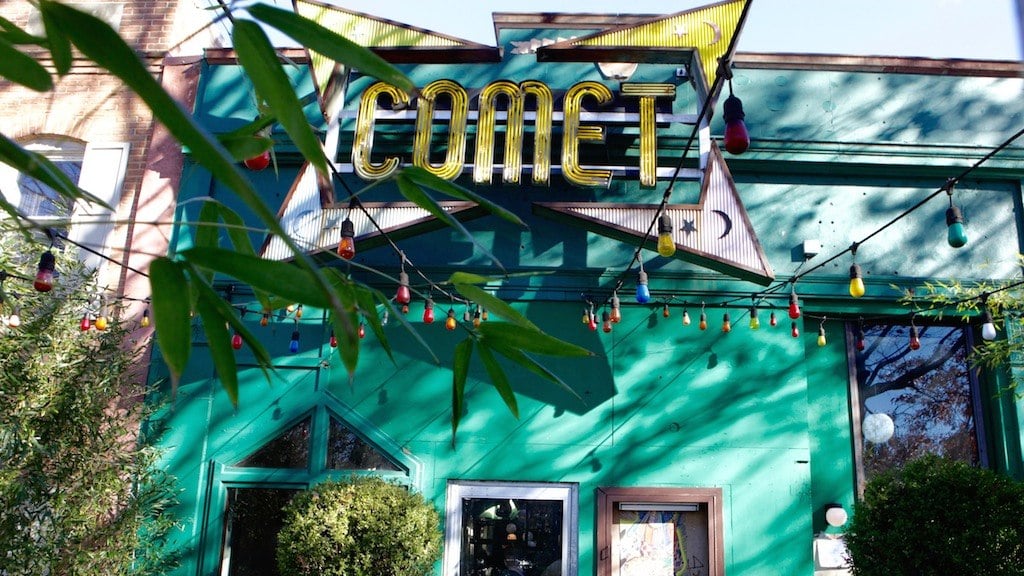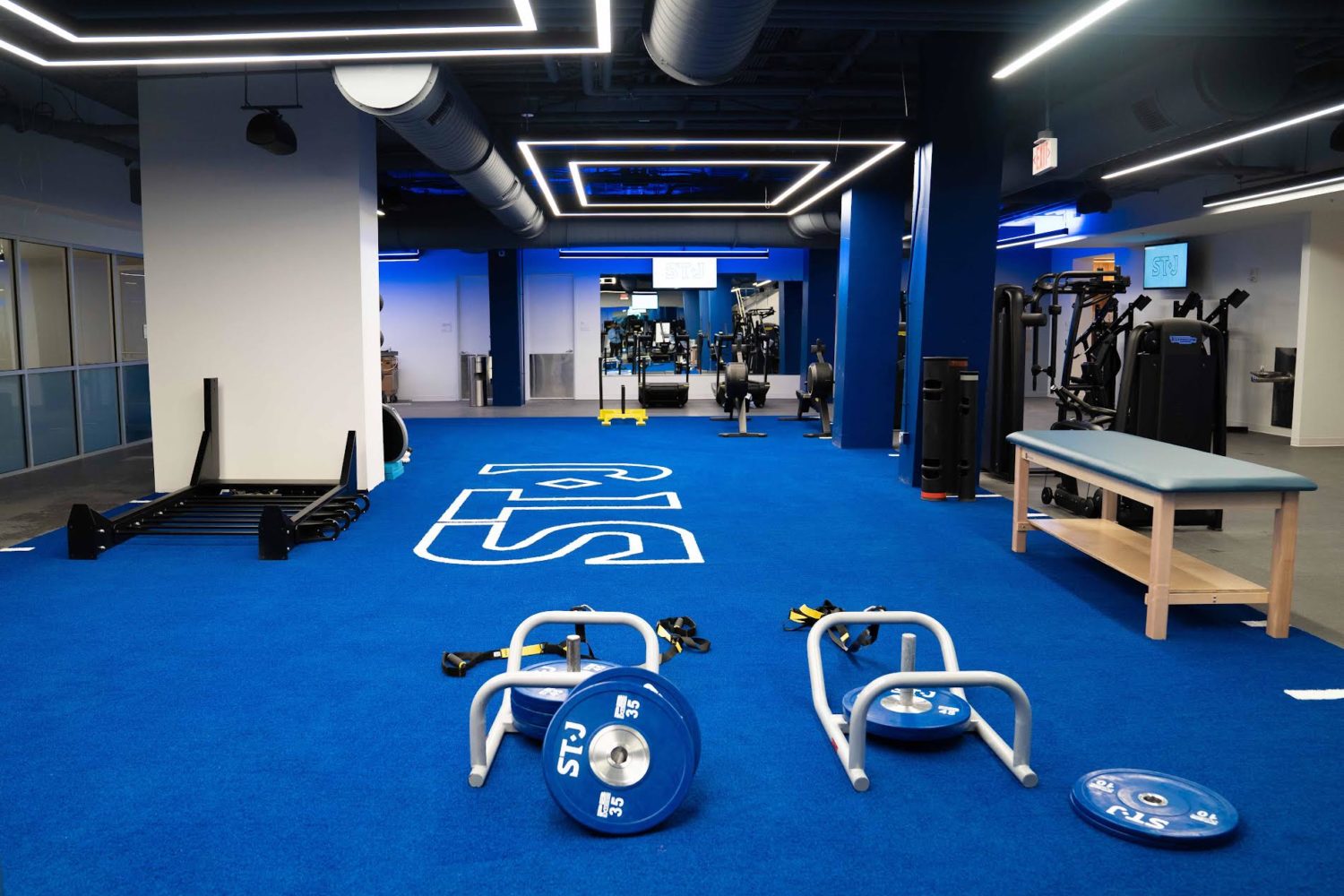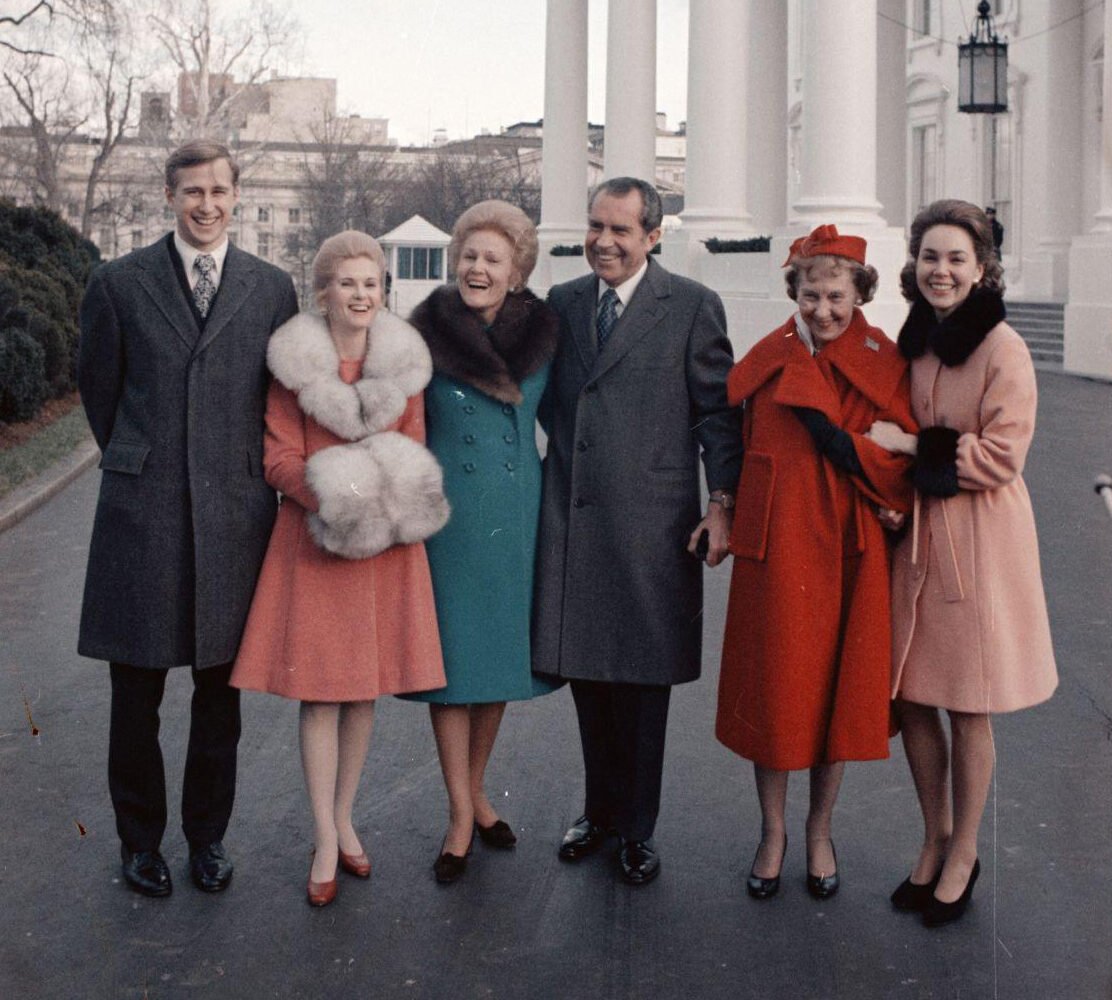Seniors who can no longer live fully independent lives now have more caregiving choices—including communities with religious, cultural, or institutional orientations. These retirement options offer the chance to live among people who share your interests and lifestyle.
When weighing choices, one consideration should be whether other residents are the type of people you want to mingle with daily, says Steve Gurney, publisher of Guide to Retirement Living, a publication focused on the Mid-Atlantic region (online at retirement-living.com). Think of families assessing colleges, Gurney says: “Parents may scrutinize the grounds and pore over course catalogs, but their kids check out the other students and determine whether they’re the type they want to hang out with.”
With this philosophy in mind, assisted-living communities are starting to evolve toward greater specialization. Sunrise Senior Living hopes to work with George Mason University in the next year to create a retirement community that will be a national model. It will have social connections with the GMU campus and be close to theaters, sports complexes, and classrooms.
Facilities elsewhere already cater to ethnic groups, the gay and lesbian population, even retired actors. Says Gurney: “The trend toward enthusiast-based homes is such that we’ll soon see assisted living for NASCAR fans.”
While Washington may not be the top market for Richard Petty suites with accessible tubs, more assisted-living facilities are allowing seniors the option of living among kindred souls. Faith-based groups are good at fulfilling this need. As a bonus, they often offer financial advantages because of their nonprofit status.
Although faith-based, the Methodist Home of the District of Columbia (202-966-7623; methodisthomeofdc.org) in DC’s Forest Hills neighborhood is not formally aligned with the Methodist Church. It welcomes all faiths and offers Protestant and Catholic religious services as well as transportation to a nearby synagogue.
Management and staff of the nonprofit facility are proud of their high standards in caregiving. All profits are returned to an endowment fund that benefits residents, and there are no entry fees, deposits, or formal leases.
Some assisted-living facilities offer only meals and transportation; others cater to seniors who need a little help easing into bathtubs or getting dressed; still others provide extensive supervision of personal care, medication, and other daily needs. Continuing-care retirement communities (CCRCs), offering everything from independent housing to 24-hour nursing care, are known for the ease of transitions in and out of assisted living.
Because the Methodist Home is a CCRC, director of admissions Diane Yagmur notes that “someone who is uncomfortable mingling with frail people might not fit in.” The rehabilitation center, staffed by physical, speech, and occupational therapists, helps get residents back into their apartments as quickly as possible after hospital stays. Rates begin at $4,000 a month for studios, going up to $6,200 for two-bedroom apartments.
Sponsored by the Religious Society of Friends—also known as Quakers—the Friends House Retirement Community (301-924-5100; friendshouse.com) reflects values of that faith, which include a desire for simplicity and tolerance of others’ beliefs. This community just east of Olney offers one-on-one ministry programs as well as two Quaker worship sessions each week, and clergy from other denominations pay regular visits.
Quakers, or Friends, have a mandate to focus on individual quality of life, says executive director Darryl Clemmer: “The time we spend each day with residents to improve their lives, rather than budgets and profits, is our bottom line.”
Harmony with nature is another Quaker value, so Friends House boasts energy-efficient buildings and gardening programs that allow residents to grow produce that is used in meals. Officials are proud of their close relationship with the Sandy Spring Friends School, connected by a footpath. Residents can walk to the school to tutor students, and students visit to play music or otherwise entertain residents. Seniors and students can “adopt” each other to forge personal relationships.
Friends House also offers independent living and skilled nursing, and 100 apartments qualify for HUD Housing Choice Vouchers. A private room with assisted-living services costs about $3,200 a month.
Landow House (301-816-5060; landowhouse.org) in Rockville appeals particularly to Jewish seniors in need of daily assistance. “We’re nonsectarian and embrace all faiths, but the cultural orientation of Landow House is decidedly Jewish,” says director of admissions Erin Martinko. Landow is the newest addition to a campus that includes the Hebrew Home, Ring House, and Revitz House.
Residents range from Orthodox Jews to the more secularly inclined. The facility offers three kosher meals daily, Friday-evening Shabbat services, and a Yiddish club. Unlike CCRCs, Landow House is strictly for assisted living (the campus has independent living and nursing care at other facilities) and offers help with such daily tasks as bathing, grooming, dressing, and taking medications. A licensed social worker is on staff to help with mental and emotional problems. Prices for one-bedrooms begin at $5,300, and all revenue is reinvested in the campus.
Chesterbrook Residences (703-356-0655; chesterbrookres.org), slated to open in November, is a faith-based facility in Falls Church. Its genesis came when leaders of a local Presbyterian church noticed that its congregation was shrinking due to the aging of parishioners and a dearth of affordable housing. Together with two other Presbyterian congregations, the regional presbytery, and Temple Rodef Shalom, it began raising funds to create faith-based assisted living for all income levels.
Chesterbrook will provide Protestant, Catholic, and Jewish services as well as shuttle buses to local churches and synagogues. “Because of our affiliation with active congregations,” says executive director Chuck Thornton, “we have a great pool for harnessing volunteers who will present activities, run the gift shop, and organize recreation programs.”
Apartments will be available in November, with subsidized units beginning at $2,500 a month and at-market units from $4,500 a month. About half of the Chesterbrook apartments will qualify for HUD subsidies. Residents who enter the facility in a higher income bracket may transition into financial assistance if needed as their resources diminish.
So far, the Washington area offers only a few options for seniors with interests not based on religious ties.
Combat veterans and retired enlisted military with 20 or more years of service can experience fellowship at the Armed Forces Retirement Home (800-422-9988; afrh.gov) bordering Catholic University in DC. A CCRC, the 272-acre home is partially funded by payroll deductions of those in active service. As a result of this trust fund, fees are on a sliding scale, with independent-living residents paying an average of $890 a month.
Because active-duty personnel regularly visit to volunteer and interact with seniors, who represent all branches of service, the military culture is tangible. Residents don’t wake up to reveille, but the single bedrooms are small and meals are reminiscent of the chow served in a modern mess hall. According to Chris Black, a consultant to the home, “Most of our guys were career soldiers, so they’re comfortable with the military experience—they prefer going to Walter Reed over civilian hospitals. They love that lifestyle.”
While not a university-based retirement community on the scale that George Mason University envisions, the Colonnades (434-963-4198; sunriseseniorliving.com) in Charlottesville is proud of its connection with the University of Virginia two miles away.
About a quarter of the residents are alumni, and more than half have some tie to UVa as former students, professors (some still lecturing), or other employees. Residents may audit classes and visit campus libraries, and discounts and transportation are available to events.
Many residents take advantage of courses offered by the nearby Jefferson Institute for Lifelong Learning, which offers the lectures of UVa professors on politics, science, and other topics.
“One of our residents, professor of applied science Doris Kuhlmann-Wilsdorf, not only continues to teach at UVa but also shares her knowledge through lectures at the Colonnades,” says community-life supervisor Fran Perrotta.
The array of services ranges from independent living to skilled nursing. Assisted-living units range from $2,800 to $4,300 a month.


















